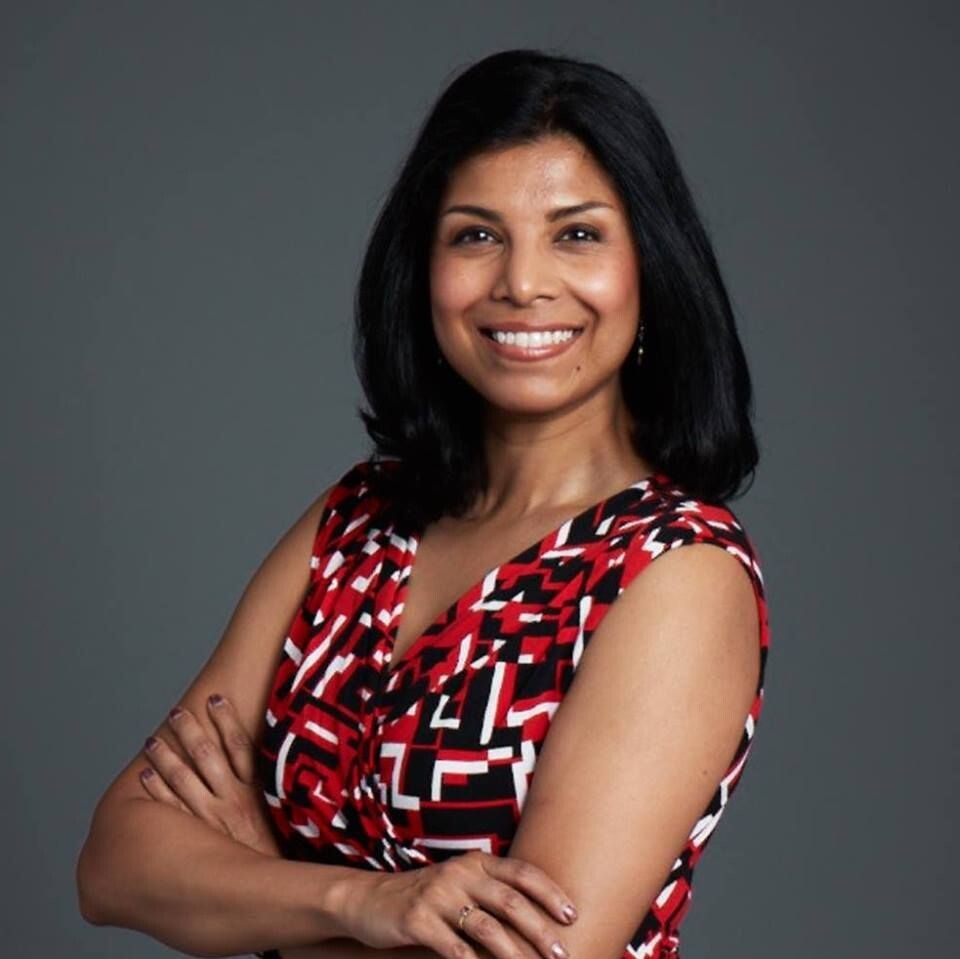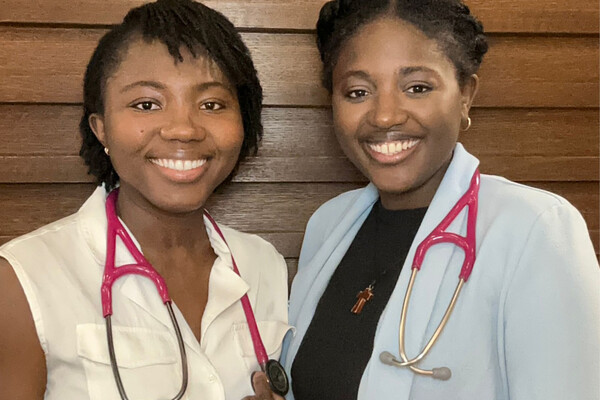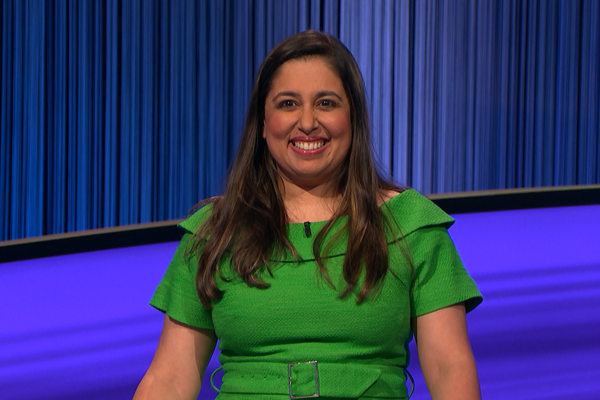Not Your Typical Physician: Lipi Roy, MSc’98 (Physiology)

Dr. Lipi Roy, MSc’98 is an internal medicine physician board certified in addiction medicine as well as Clinical Assistant Professor at the NYU Department of Population Health. Following her MSc from the University of Toronto, Dr. Roy completed a joint medical degree and Master’s in Public Health degree at Tulane University in New Orleans, followed by residency training in internal medicine at Duke University Medical Center.
As the former Chief of Addiction Medicine for NYC jails including Rikers Island, she oversaw substance use treatment and recovery efforts for the city’s incarcerated men and women. Previously, she was a primary care doctor to Boston's vulnerable homeless population, among whom the leading cause of death was drug overdose. Dr. Roy is now the Medical Director of a Brooklyn addiction treatment center under the New York State Office of Alcoholism and Substance Abuse Services.
I wanted to have a better understanding of addiction... I took it as my responsibility to learn how to provide the best evidence-based addiction care to my patients.
Addiction, incarceration and homelessness have all been central to Dr. Lipi Roy’s career as an addiction medicine physician. Roy spoke with MedAlumni’s Julie Lafford about her experience caring for vulnerable populations.
How have your patients shaped your career?
As a primary care doctor to Boston’s vulnerable homeless men and women, I learned that health isn’t just about what medicines you prescribe but also where your patients will sleep tonight, where they’ll get their next meal, and who is their support system.
My patients also taught me how to provide non-judgemental compassionate care. One patient I remember fondly was an 81 year old WWII veteran who I took care of for five years at Massachusetts General Hospital, where I worked in the outpatient clinic. He was drafted to the Navy at age 14 (yes, he lied about his age). One can only imagine the tragedies, the deaths he saw fighting in a submarine at Pearl Harbor as a young teenager, far from his family and loved ones. He was widowed with no children, yet he went about his business every day despite chronic pain from osteoarthritis, and multiple cardiac issues. He was a role model in how I conduct myself personally and professionally.
How did you end up working with homeless and incarcerated patients?
It happened by accident. In 2013, data revealed that the leading cause of death among my homeless patients in Boston was drug overdose. This completely transformed the way my colleagues and I provided care. We hired many substance use counselors, created a drug overdose task force, and offered all the doctors on staff to become trained and board certified in addiction medicine. I took them up on that offer because I wanted to have a better understanding of addiction— so many of our patients were struggling with alcohol, 70 per cent smoked cigarettes, and many of them were misusing opioids, which we ourselves had prescribed. I took it as my responsibility to learn how to provide the best evidence-based addiction care to my patients.
After four years, I was looking for the next challenge and was recruited to a new position as Chief of Addiction Medicine for Correctional Health at New York City Health & Hospitals. The position was created because substance use disorders were a big problem among the incarcerated population. At Rikers Island over 50 per cent of the population experiences some type of substance use issue.
I’d consider your job pretty atypical, so this is a little tongue-in-cheek, but what were some of your “typical” activities?
You’re absolutely right, at Rikers Island no day was typical! I spent half my time at Rikers and the other half at the New York City Health & Hospitals headquarters doing a lot of administrative work — revising addiction protocols, discussing quality improvement measures, creating and implementing an addiction attitude and knowledge survey to staff, and teaching an addiction training program, which I provided to many departments. I also participated in monthly interagency, data-driven task force meetings to address opioid addiction, which included the New York Police Department, the US Attorney General’s Office, EMS, the Department of Correction, the NYC Department of Health and Mental Hygiene and many community partners. At Rikers, I oversaw the opioid treatment program and the residential counselling treatment program. I was the first board-certified addition medicine physician on their staff; given that over 50% of the men and women incarcerated at Rikers have a substance use issue, I was more than happy to share my expertise.
Are addiction medicine specialists really so rare?
There are many professionals working in addiction psychiatry but not as many in addiction medicine —The Addiction Medicine Foundation estimates that only about 3,500 physicians in the United States are board certified in addiction. While the area has long been the purview of psychiatry, we’re now working toward getting more fellowship programs in addiction medicine. I don’t think enough communities in North America have physicians with addiction training, let alone someone who specializes in addiction care. That’s extremely rare, but it’s getting better.
How did your experience at U of T influence your career?
After my undergrad at McMaster, I came home to Toronto to do a Master’s in Physiology. U of T is one of the largest in universities in North America and has a sterling academic reputation and vast resources, so I knew having that on my CV would help my future. It was a remarkable experience to meet and work alongside incredible faculty, really bright researchers, neurologists and neuroscientists, as well as my fellow graduate students.
What are your Words of Wisdom for current students?
I encourage students to be open minded because you never know where you will find an opportunity. You may not know what your passion is at this moment, and that’s okay. When you’re part of a community like the University of Toronto with faculty and students that are so diverse and experienced, just tap into the people around you. Network, have a chat, attend social events. There’s no shortage of fascinating events in a world-class city like Toronto! It’s through conversations with the people around that will impact your life and help you reach your potential.
News


